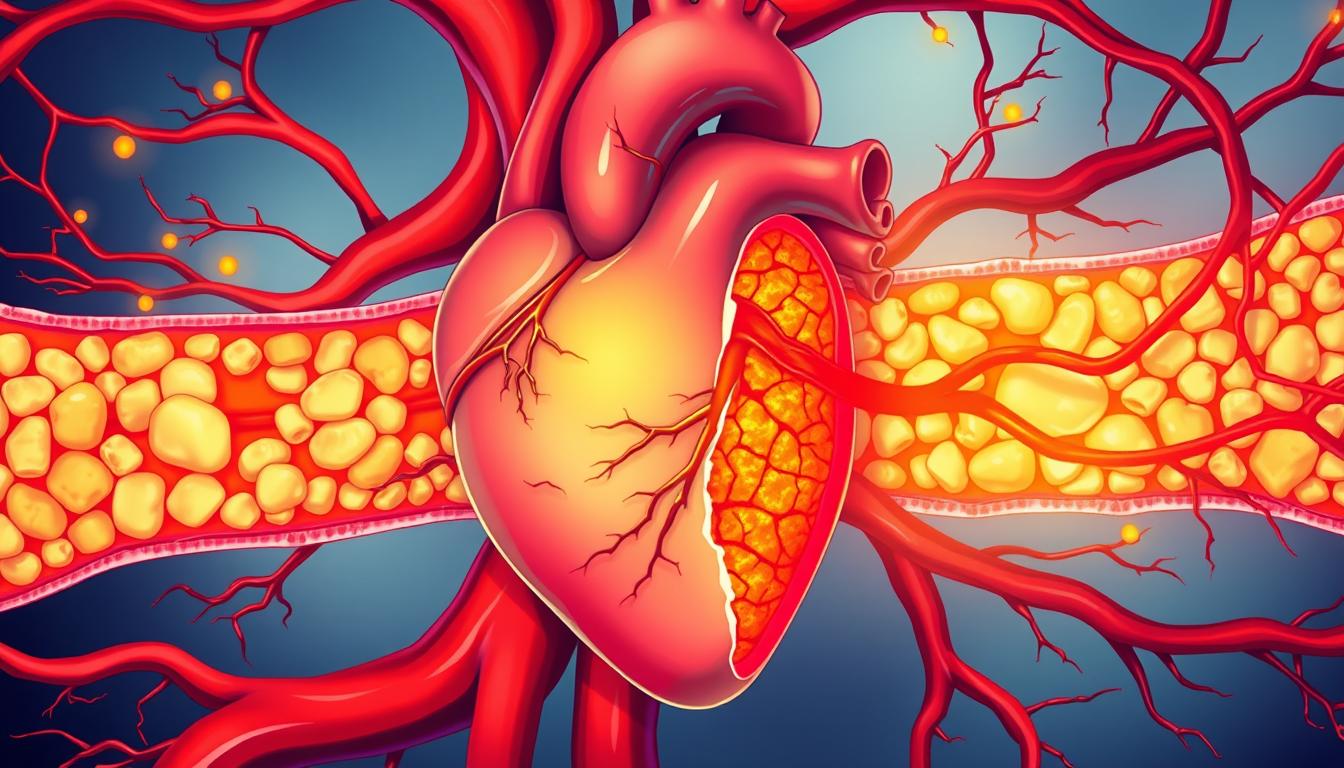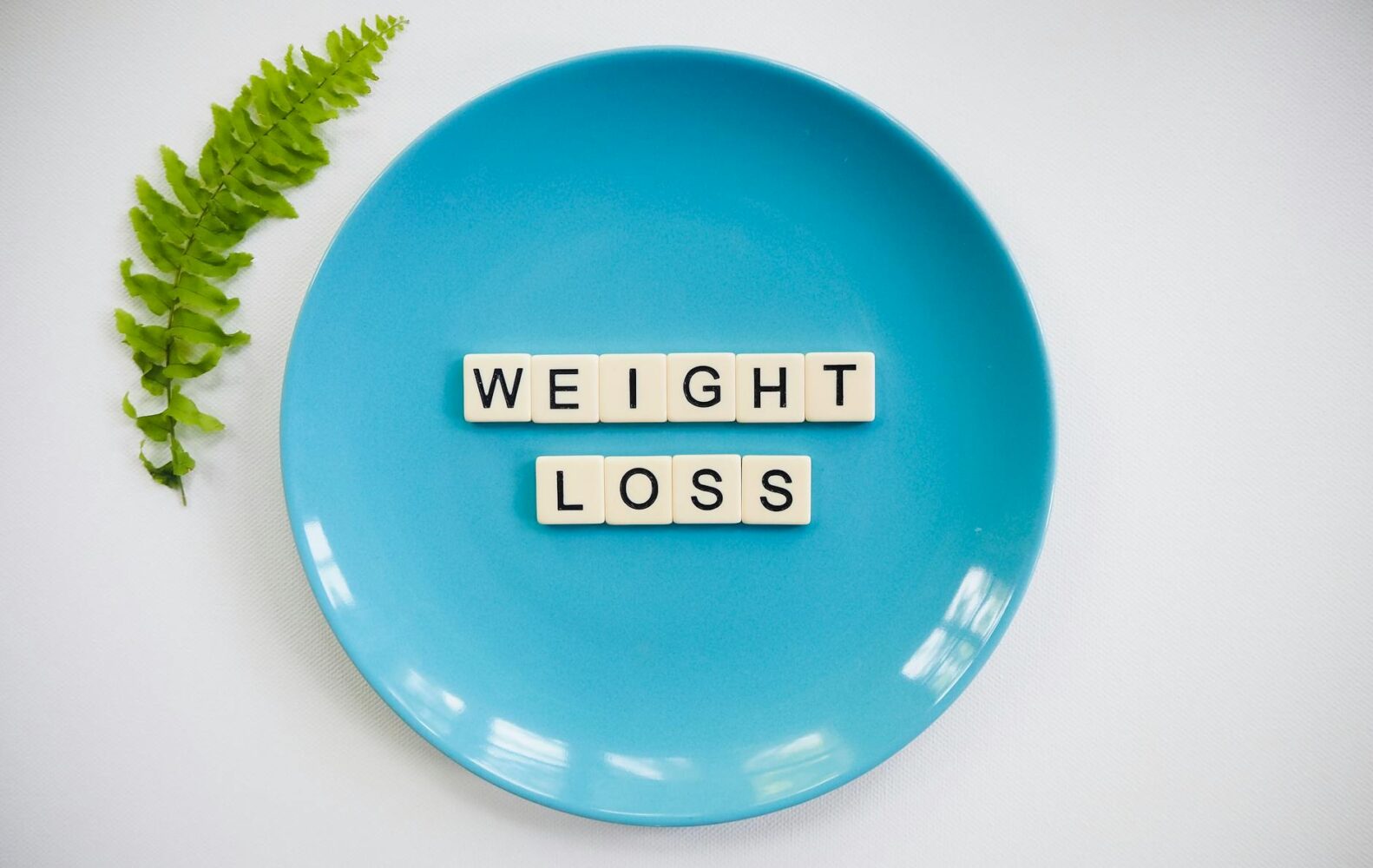Understanding Erectile Dysfunction: The Link Between ED and Chronic Health Conditions
Erectile dysfunction (ED) affects many men around the globe. It often serves as an early sign of bigger health problems. This article explores the strong ties between ED and common long-term illnesses. These include diabetes, heart disease, high blood pressure, and obesity. Knowing these links can help people manage their health better. It can also improve their overall life quality.
ED is more than just a problem with sexual health. It can point to issues with the body’s systems that need quick attention. This guide helps readers spot these connections. It encourages them to get the right medical help.
Erectile Dysfunction and Diabetes
Diabetes, a common metabolic problem, greatly impacts how a man gets an erection. High blood sugar over time hurts nerves and blood vessels. This damage makes it hard to achieve or keep an erection.
Diabetes-Induced Nerve and Blood Vessel Damage
Years of high blood sugar damage nerves. This is called neuropathy. It also harms blood vessels in the penis. This damage, known as atherosclerosis, shrinks the vessels. They cannot carry enough blood for a firm erection. Many men with diabetes experience ED.
Managing Diabetes for Improved Erectile Health
Controlling blood sugar is key for better erectile health. Eating healthy foods helps a lot. Regular exercise also makes a difference. Always keep up with your doctor visits. These steps can make a big positive change for ED.
Treatment Options for ED in Diabetic Men
Several treatments can help men with diabetes who have ED. Oral pills, like PDE5 inhibitors, are often a first choice. Vacuum erection devices can help pull blood into the penis. Shots directly into the penis are another option for some men.
Erectile Dysfunction and Heart Disease
Heart health has a very strong link to erectile function. ED can even show up before heart disease symptoms appear. This makes ED a possible early warning for heart problems.
The Vascular Connection: How ED Signals Heart Issues
The blood vessels in the penis are much smaller than those near the heart. This means blockages can cause ED years before they affect the heart. Atherosclerosis, or hardening of the arteries, is often the main reason for both. It reduces blood flow everywhere in the body.
Lifestyle Modifications for Both ED and Heart Health
Many healthy habits help both your heart and your erections. Eat a diet good for the heart, full of fruits and vegetables. Stay active with regular physical exercise. Quitting smoking is very important for blood vessel health. Managing stress can also make a difference.
Medical Interventions for ED and Cardiovascular Conditions
It is vital to see a doctor for ED and possible heart issues. Treatments for heart disease might affect ED. For example, some statins or blood pressure medicines can change how ED medicines work. Always discuss your full health picture with your doctor.
Erectile Dysfunction and High Blood Pressure (Hypertension)
High blood pressure harms the blood vessels needed for an erection. This condition can severely limit blood flow. It makes it tough for men to get and keep an erection.
Hypertension’s Impact on Penile Blood Flow
High blood pressure damages the inner lining of blood vessels. This lining is called the endothelium. It also makes arteries stiff. This reduces how much blood can flow to the penis. Good blood flow is very important for firm erections.
Medication Side Effects and ED
Some medicines for high blood pressure can cause or worsen ED. Certain diuretics, which help your body get rid of salt and water, might do this. Beta-blockers can also be a cause for some men. Talk with your healthcare provider if you notice these side effects. They might suggest changing your medicine.
Strategies for Managing Hypertension and ED
Controlling blood pressure can often improve erectile function. Follow a healthy diet like the DASH eating plan. Get regular exercise. Managing your weight also helps blood pressure. Taking your blood pressure medicine as prescribed is very important.
Erectile Dysfunction and Obesity
Carrying too much body weight can lead to ED in many ways. It affects hormones and causes inflammation inside the body. These factors work against healthy sexual function.
Obesity’s Role in Hormonal Imbalances and Inflammation
Obesity often lowers testosterone levels. This hormone is key for sexual desire and function. It also can increase estrogen in men. Plus, obesity causes long-term inflammation in the body. All these changes can hurt how a man’s body makes and uses hormones.
The Link Between Obesity, Metabolic Syndrome, and ED
Obesity is a major part of metabolic syndrome. This group of conditions includes high blood pressure, high blood sugar, and bad cholesterol levels. All these problems make it harder to get an erection. They create a poor environment for blood vessel health.
Weight Loss Strategies for Better Erectile Health
Losing weight can greatly improve erectile health. Focus on eating balanced meals. Try to get regular exercise. Making small, steady changes to your habits helps the most. Losing weight can fix hormone issues and reduce inflammation, which helps with ED.
Conclusion
Erectile dysfunction is an important health signal that should not be ignored. It has strong ties to long-term conditions like diabetes, heart disease, high blood pressure, and obesity. Knowing this helps people take charge of their health. They can improve both their overall well-being and sexual health. Seeing healthcare professionals for diagnosis and treatment is key. Personalized plans and lifestyle changes are vital for managing these connected health challenges well.













